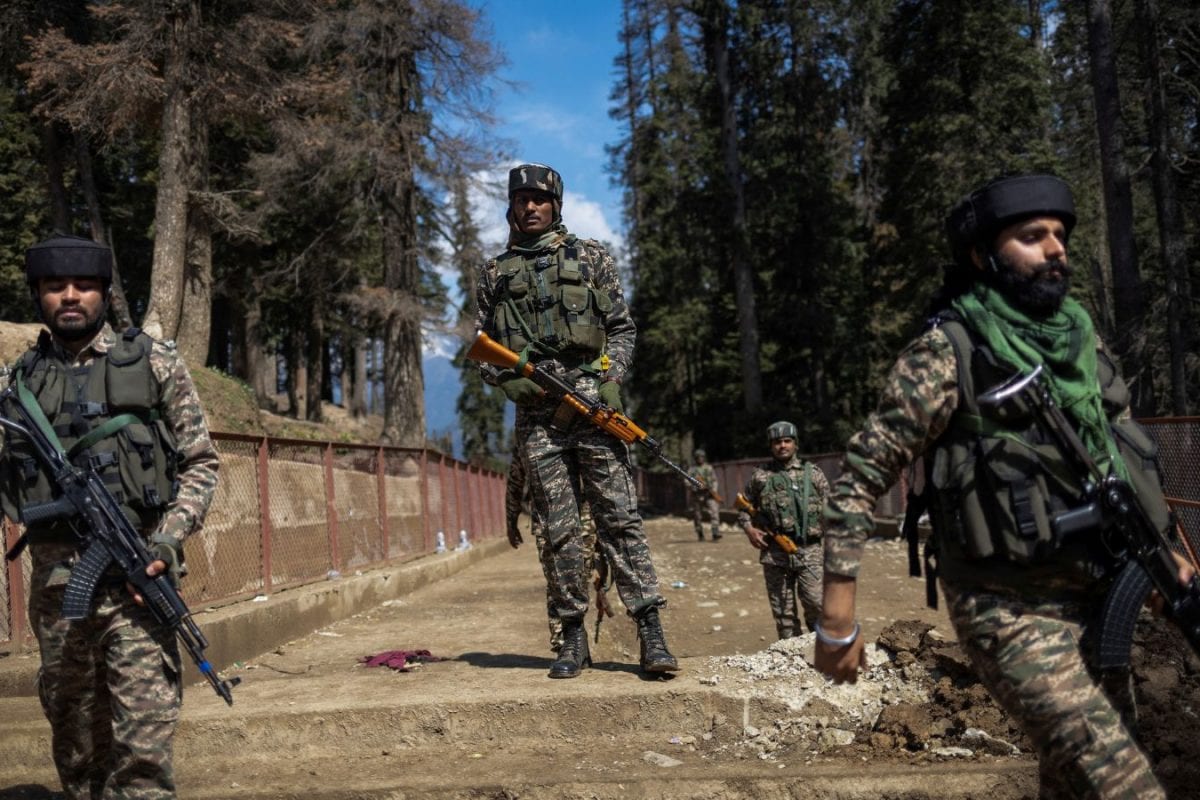

In a swift and decisive response to the deadly terror attack in Pahalgam, Indian forces have conducted precision strikes on terrorist camps across the border in Pakistan and Pakistan-occupied Kashmir. The operation, codenamed "Sindoor," targeted key infrastructure linked to terror groups Jaish-e-Mohammed (JeM) and Lashkar-e-Taiba (LeT), both held responsible for orchestrating attacks against India.
The strikes, which took place in the early hours of Wednesday, May 7, 2025, were a direct response to the April 22 Pahalgam attack that claimed the lives of 25 Indian tourists and one Nepali citizen. The attack, which targeted non-Muslim tourists in the Baisaran Valley, was perpetrated by militants believed to be affiliated with the Resistance Front (TRF), an offshoot of LeT.
Indian officials have emphasized that the strikes were "focused, measured, and non-escalatory," with no Pakistani military facilities targeted. The operation aimed to dismantle terrorist infrastructure and disrupt their ability to plan and execute attacks against India. Nine locations were targeted, including the JeM headquarters in Bahawalpur and LeT's facility in Muridke. Indian forces reportedly used Rafale fighter jets equipped with Scalp cruise missiles and Hammer precision-guided munitions for the strikes. Kamikaze drones were also used.
Pakistan has reacted strongly to the strikes, with Prime Minister Shehbaz Sharif condemning them as an "act of war" and vowing a "befitting reply". Pakistan's military claimed to have shot down two Indian planes and one drone, a claim that is unverified. Pakistan's army also said that India launched air strikes on the Subhanullah mosque in Bahawalpur's Ahmed East area, Kotli and Muzaffarabad. Pakistani officials have denied the presence of terrorist camps, stating that the targeted areas were civilian. Following the strikes, the Pakistani army carried out heavy mortar shelling on forward villages along the Line of Control (LoC) in Jammu and Kashmir, injuring a woman and her daughter in Poonch district.
India has briefed key international partners, including the US, UK, Saudi Arabia, UAE, and Russia, on the operation, emphasizing its commitment to counter-terrorism and regional stability. National Security Advisor Ajit Doval spoke with his US counterpart, Marco Rubio, to brief him on the actions taken.
The strikes have heightened tensions between the two nuclear-armed neighbors, with Pakistan vowing to retaliate. Lahore and Sialkot airports in Pakistan were closed for 48 hours after the strikes. The Indian Army said that Pakistan violated the ceasefire agreement by firing artillery in Bhimber Gali in the Poonch- Rajauri area.
India's response to the Pahalgam attack reflects its evolving counter-terrorism strategy, which combines robust domestic mechanisms, enhanced intelligence sharing, and strong regional cooperation. The use of AI-driven monitoring systems, advanced surveillance technologies, and comprehensive cybersecurity infrastructure are also key components of India's approach. The government has made it clear that it will not tolerate cross-border terrorism and will take all necessary steps to protect its citizens and maintain regional security.